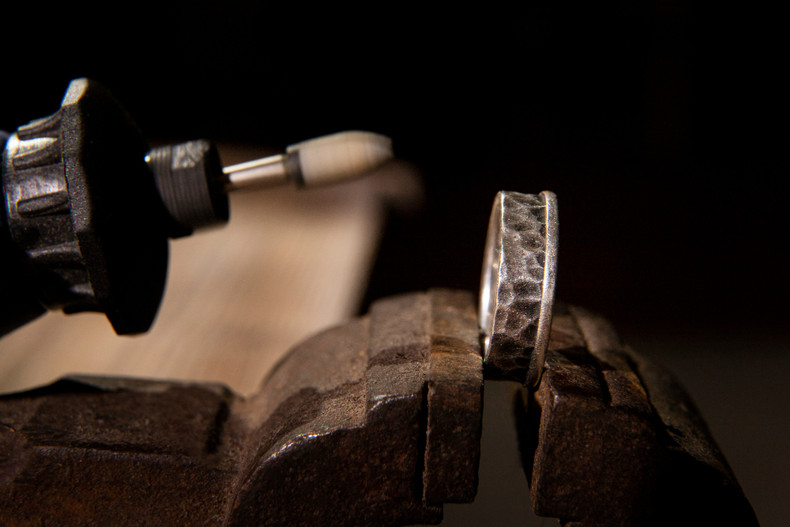In the fast-paced world of manufacturing, precision is paramount. Regarding drilling, one tool stands out for its ability to deliver accuracy and durability: carbide drills. These tools are vital for professionals who demand exactness and efficiency in their machining operations.
This blog post delves into the attributes of carbide drills, exploring why they are preferred for precision machining and how they compare to other types of drills. Whether you’re a seasoned engineer or new to the field of machining, understanding the role of carbide drills can significantly impact your work’s quality and outcome.
The Basics of Carbide Drills
Carbide drills are renowned for their exceptional hardness and resistance to high temperatures. These qualities make them ideal for drilling through tough materials such as stainless steel, cast iron, and hardened metals. Unlike high-speed steel (HSS) drills, carbide drills maintain their sharpness for a longer duration, which allows for consistent performance throughout their use. This endurance is crucial in industrial settings where tool downtime means lost productivity.
Furthermore, the rigidity of carbide reduces the likelihood of drilling errors, such as wandering or deflection. This ensures that each hole drilled is precise and to the exact specifications required. For manufacturers, the precision of carbide drills means fewer errors and less material waste.
Advantages of Carbide Drills in Machining
One of the standout features of carbide drills is their impressive cutting speed. Carbide can handle much higher speeds than other materials, which translates into faster completion of drilling tasks. This speed, coupled with the ability to operate at higher temperatures, significantly boosts productivity and efficiency in the workshop.
Another advantage is the versatility of carbide drills. They come in various designs and geometries tailored for different drilling needs. For instance, some carbide drills are optimized for creating small-diameter holes with great accuracy, while others are designed for deep-hole drilling. This versatility ensures that there is a carbide drill suitable for almost any drilling task.
Choosing the Right Carbide Drill
Selecting the appropriate carbide drill for your task can be daunting, but it’s crucial for achieving the desired results. The choice depends on several factors, including the material to be drilled and the type of drilling machine used. For hard materials, a drill with a reinforced core and thicker web is preferable as it offers greater stability and reduces the risk of breakage.
Moreover, the coating of the carbide drill also plays a significant role. Coatings such as titanium nitride (TiN) or titanium aluminum nitride (TiAlN) can enhance the drill’s performance by reducing wear and increasing longevity. These coatings also help in reducing friction, making the drill operate cooler and extending its life even further.
Maintenance Tips for Carbide Drills
Proper maintenance of carbide drills is essential for sustaining their performance. Regular cleaning and inspection will help in identifying wear and tear before it leads to failures. It’s also important to ensure that the drills are stored correctly to avoid any damage.
Sharpening carbide drills requires specialized equipment and skills, as improper sharpening can compromise the drill's effectiveness. It’s often best to have them professionally sharpened or replaced when they become dull.
Innovations in Carbide Drill Technology
As technology advances, carbide drills are not left behind. Recent innovations in carbide drill technology have focused on improving performance and expanding capabilities in precision machining. Manufacturers are constantly seeking ways to enhance the tool life and efficiency of these drills to meet the growing demands of modern industries.
One significant innovation is the development of micro-grain carbide, a material that offers even greater hardness and wear resistance. This advancement allows carbide drills to handle even more challenging applications, such as composites and superalloys, with greater ease and accuracy. The micro-grain structure ensures a finer cutting edge, which is crucial for achieving the precision required in aerospace and medical device manufacturing.
Conclusion
Carbide drills are indispensable tools in the arsenal of modern machining. Their robustness, precision, and versatility make them ideal for tackling a wide range of materials under various conditions. By choosing the right carbide drill, maintaining it properly, and understanding its applications, manufacturers can ensure superior drilling performance and outcomes.
Embracing carbide drills in your machining processes means investing in quality and efficiency. Their advanced capabilities not only streamline operations but also enhance the overall quality of the work. As technology progresses, the importance of tools like carbide drills in achieving precision and efficiency in machining will only grow, highlighting their critical role in modern manufacturing environments.
Read More:Milling Aluminium


